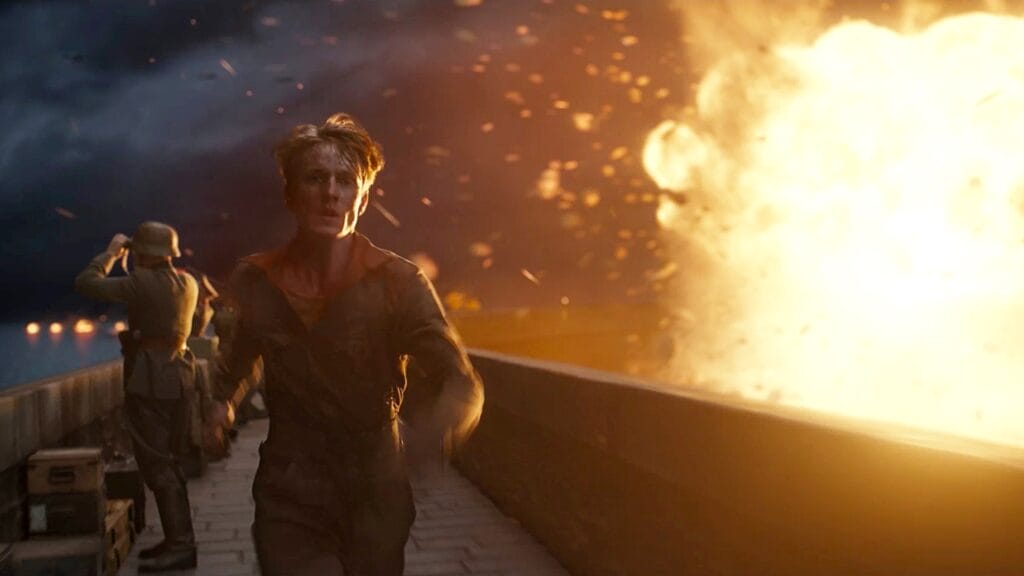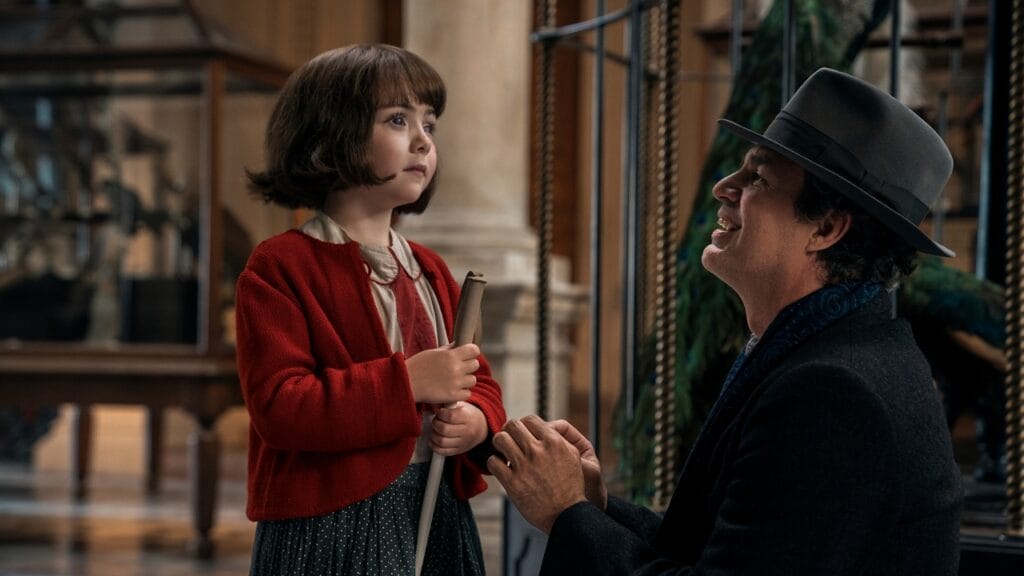Read also:
How to Watch FX Live Without CableHow To Watch AMC Without CableHow to Watch ABC Without CableHow to Watch Paramount Network Without CableNetflix’s attempt to adapt the well-received novel will make viewers wonder why they bothered.
This piece was written during the 2023 SAG-AFTRA strikes. Without the labor of the actors currently on strike, the works being covered here wouldn’t exist.
If Shawn Levy, director of Netflix’s new miniseries All the Light We Cannot See, seems like an unnatural fit to direct All the Light We Cannot See, a limited series set in World War II’s Nazi-occupied France, it’s because he is. From Night at the Museum to Cheaper by the Dozen and, more recently, Free Guy, the director-producer is best known for lighthearted, family-friendly films. Unfortunately, this series does not prove to be a case of the unexpected choice yielding surprisingly excellent results.
Levy and screenwriter Steven Knight’s adaptation of the acclaimed book is clunky, obtuse, and painfully dull. If, like this reviewer, you’ve never read the celebrated novel that inspired the series, it’s difficult to understand why it’s worth adapting. In what feels like an endless sea of World War II dramas, All the Light We Cannot See fails to make a case for its existence, never mind stand out.
The limited series follows blind French girl Marie-Laure LeBlanc (newcomer Aria Mia Loberti) and German soldier Werner Pfennig (Louis Hofmann). They struggle to survive the final days of the Nazi occupation in the seaside French town of Saint-Malo as bombs rained down from incoming American forces. Although initially strangers, the two share a love of an educational children’s radio program narrated by a mysterious professor broadcast. Now in their late teens, Marie-Laure uses her missing uncle’s radio equipment to share coded instructions from the French Resistance. Meanwhile, as part of the Nazis’ radio surveillance unit, Werner listens in, doing his best to conceal her messages.

Flashbacks show us Werner’s early life at a German orphanage and Marie-Laure’s genteel childhood in Paris under the care of her museum keeper father, Daniel LeBlanc (Mark Ruffalo.) Lars Eidinger rounds out the cast as Nazi commandant Reinhold von Rumpel. He’s a shambling, terminally ill villain who believes the LeBlancs are hiding a rare magical life-saving diamond called the Sea of Flames.
Despite the series’ very title referencing an interesting idea from one of the Professor’s broadcasts— the notion that the most important light is that of the mind’s eye, inside our brains— Levy and Knight’s adaptation is painfully incurious about the scientific principles that fascinate and motivate its characters. Somehow, the show’s four-hour runtime is both too short and too long simultaneously. As disasters and discoveries buffet Marie-Laure and Werner, the audience gets little insight into their interior lives. Loberti and Hofmann’s staid, understated performances do little to enrich the material. It’s hard to understand why their characters connect beyond their mutual interest in radio. Putting her disability aside, Marie-Laure is a generic spunky heroine, Werner blandly noble. Given that he’s an actual Nazi soldier, the characters’ lack of chemistry makes their mismatched romance even harder to swallow.
It’s immediately evident Levy does not trust his audience.
The dialogue certainly does the young actors no favors. Knight’s writing here is stagey and fake-sounding, as though lifted directly from the novel’s unique prose style without much thought for how it would play onscreen. Despite the meticulous research that author Anthony Doerr famously poured into All the Light We Cannot See, the miniseries version feels painfully false, like a World War II story based on movies instead of historical accounts. One scene featuring Sergeant von Rumpel feels like a particularly egregious knockoff of Christophe Waltz’s character from Inglourious Basterds. Ruffalo, an American, and Hugh Laurie, a British man, are made to play members of the same French family. They meet in the middle, affecting similar, old-fashioned Mid-Atlantic accents. It’s a decision that lends a bizarre stuffiness to even the most emotional scenes.
James Newton Howard scores all the aforementioned emotional scenes with treacly, swelling music. It’s immediately evident Levy does not trust his audience to understand what is happening or how they should feel. Condescending under the best circumstances, it feels especially insulting considering how much nuance the filmmakers stripped from the source material with this ham-fisted retelling. Maybe that’s why Netflix’s All the Light We Cannot See feels less like an adaptation of an internationally acclaimed novel and more like one from a tepid Young Adult paperback. One could almost believe this World War II tragedy was aimed at actual children until casually tossed-off references to real-life atrocities bring things crashing back down to Earth. “You like ovens in Germany, don’t you?” a member of the French Resistance sneers at Werner. It’s startling since the horrific crimes perpetrated against the Jews and other marginalized groups barely received mention until that point.

Levy’s boilerplate directing style does the complex source material a massive disservice as well. The direction is rote and flat save for a few striking moments, most notably at the Nazi school Werner must attend. The same warm orange light pervades most scenes. It makes even secret Nazi headquarters look cozy, like a World War II Thomas Kinkade painting. The production design by Simon Elliott does little to make the characters’ world feel more lived in.
Some of the show’s most affecting moments are small ones. For instance, viewers witness a starving Marie-Laure desperately smashing a can of peaches against a table to open it. Unfortunately, Levy breezes by these details in favor of big set pieces replete with unconvincing CGI effects. He’s not a fit for this heavy, detailed historical story. It’s a shame that he didn’t bring more of his comic sensibilities to All the Light We Cannot See. A few well-placed moments of comic relief might have at least made it less boring.
All the Light We Cannot See hits the airwaves via Netflix on November 2.